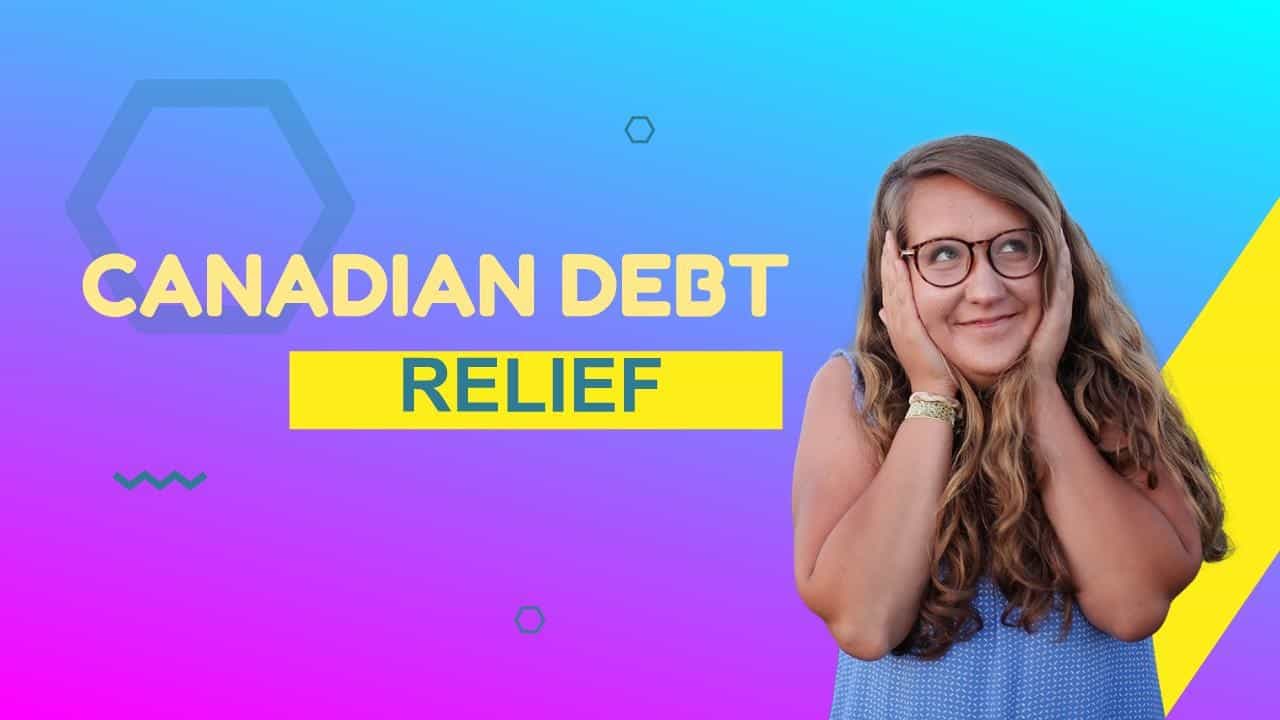NOTE: On January 13, 2022, three settlement agreements were approved by the Honourable Justice Mayer of the British Columbia Supreme Court on January 29, 2021, and November 15, 2021. As a compromise of disputed claims, these settlements are not an admission or finding of liability by the settling Defendants. You can read all about the Settlement Administration Plan and how to file a claim by CLICKING HERE to read our latest 4 Pillars blog.
We hope that you and your family are safe, healthy and secure during this coronavirus pandemic. Ira Smith Trustee & Receiver Inc. is absolutely operational and Ira, in addition to Brandon Smith, is readily available for a telephone consultation or video meeting.
If you would prefer to listen to the audio version of this Brandon Blog, please scroll to the very bottom and click play on the podcast.
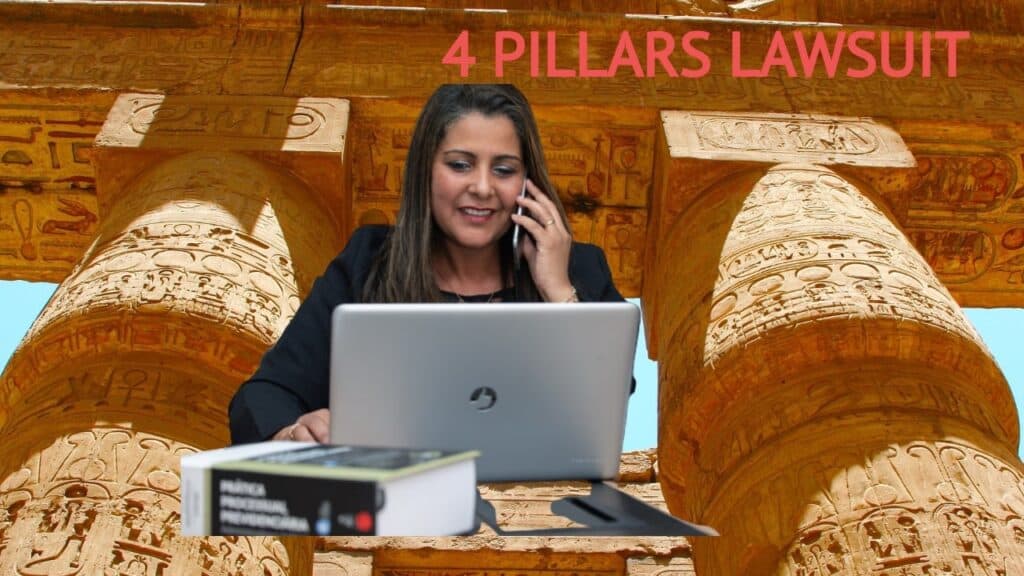
The 4 Pillars lawsuit class-action
In my November 25, 2019, Brandon Blog titled “HOW DOES DEBT RELIEF WORK: APPARENTLY NOT GREAT 4 EVERYONE“ I wrote about the litigation involving 4 Pillars Debt and Credit Restructuring Company, 4 Pillars Consulting Group Inc. and other entities (4 Pillars or the 4 Pillars lawsuit), Pearce v 4 Pillars Consulting Group Inc., 2019 BCSC 1851.
Mr. Pearce is suing for damages for the fees billed by 4 Pillars to all persons that paid fees to it in British Columbia in connection with: (i) a consumer proposal under the Bankruptcy and Insolvency Act (Canada) (BIA); or (ii) an informal debt settlement negotiation proposal with the individual’s creditors, all after April 1, 2016.
Mr. Pearce claims that it is appropriate for the refunding fees paid, damages for alleged losses stemming from breaches of the provincial Business Practices and Consumer Protection Act (BPCPA) and BIA, and damages based upon the claim that the fees billed were unscrupulous under section 8 of the BPCPA.
In this Brandon Blog, I describe what the 4 Pillars lawsuit is all about and why the Court of Appeal for British Columbia has allowed it to proceed as a class action proceeding, dismissing the 4 Pillars objections.
4 Pillars lawsuit: What is a class action proceeding?
As part of that litigation, Mr. Pearce applied to the BC Court to have his litigation turned into a class action proceeding. The Court ruled that there were enough grounds for his legal action to move forward as a class-action claim. As can be expected, 4 Pillars objected to that motion. They also unsuccessfully argued that certain sections of the claim should be stricken.
4 Pillars appealed that decision to the Court of Appeal for British Columbia. On May 17, 2021, the Court of Appeal for British Columbia released its decision. In this Brandon Blog, I discuss the appeal, what the appeal court had to say and what it decided in the 4 Pillars lawsuit appeal.

Debtor Warning – Debt Consultants Sometimes Not What They Appear
What 4 Pillars say their organization’s role is
4 Pillars states that they are professionals who provide a variety of services specific to individuals in debt. They say they outline the choices readily available and also walk people through the procedure. They say that your financial debt settlement will likely be one of the following, which they will manage on your behalf:
- informal debt settlement
- consumer proposals
- bankruptcy
They also say they will work with the person on their aftercare. They also say that their role ranges from providing individual debt settlements on behalf of debtors with collection agencies and their creditors to negotiating with Licensed Insolvency Trustees (individually a Trustee, Bankruptcy Trustee or LIT) on behalf of a debtor in determining the terms of a consumer proposal.
What the Court of Appeal for British Columbia says about the role of 4 Pillars
The Court of Appeal described them this way:
- 4 Pillars sell their debt restructuring services as debt advisors to individuals on the brink of insolvency who are seeking debt restructuring. They are unlicensed and charge fees above those professionals who are licensed and regulated.
- Their debt consulting business is not licensed or registered, and they charge customers fees up‑front for services regardless of whether the appellants actually achieve any debt relief.
- Their debt consulting services are:
- to meet and work with consumers who are struggling with debt;
- to help them draft a consumer proposal to present to a LIT:
- and to engage in back and forth discussions with the LIT in efforts to have the LIT agree to a consumer proposal that is favourable to the debtor.
- All of these services are provided with the goal that the LIT will then present the consumer proposal to the debtor’s creditors.
- 4 Pillars may then provide input, on the debtor’s behalf, on any response or request from the creditors.
4 Pillars lawsuit: What do the 4 Pillars debt consultant’s services actually involve?
Just to remind you, this is what the lower BC Court and the Court of Appeal for British Columbia found the 4 Pillars services to be:
- to meet and work with consumers who are struggling with debt;
- to help them draft a consumer proposal to present to a LIT:
- and to engage in back and forth discussions with the LIT in efforts to have the LIT agree to a consumer proposal that is favourable to the debtor.
- Provide input, on the debtor’s behalf, on any response or request from the creditors.
- They charge customers fees up‑front for services regardless of whether the appellants actually achieve any debt relief.
- Charge fees above those professionals who are licensed and regulated.
This is very common amongst all the debt restructuring businesses. It is questionable what value they provide if any at all. Their business model preys on people’s fears of getting advice straight from Licensed Insolvency Trustees.
The services described above a LIT provides at no additional cost above and beyond what the government-approved tariff fee is. The reality is that you do not need the 4 Pillars Consulting Group Inc.
As a LIT, I provide financial advice regarding your unmanageable debt and if you are a candidate for informal debt settlement, I will tell you exactly what to do in our no-cost initial consultation. If you have too much personal debt and are not a candidate for an informal settlement, I have many times prepared consumer proposals that work. As part of that process, I also act as a licensed credit counsellor.

Is Debt Settlement Really Worth It?
Debt settlement is really worth it. Going to one of these unscrupulous debt settlement companies, instead of a licensed insolvency trustee for debt settlement is NOT.
If you’ve been struggling with debt, it’s time to consider debt settlement through a consumer proposal with the services of a LIT. It likely won’t sound appealing at first, and you may feel that you are taking a gamble, but the process of debt settlement can be incredibly beneficial to you. Keep in mind that even 4 Pillars introduce you to a LIT in order for you to relieve yourself of your debts, hopefully through a consumer proposal process.
A consumer proposal is the only government-approved debt relief program. A LIT can get you a true debt settlement, without having to pay extra unnecessary fees to any of the debt relief companies.
Now let’s see what the Court of Appeal for British Columbia had to say about this 4 Pillars Consulting debt restructuring services business’s appeal from the lower court decision.
Class action waiver not effective to resist class action certification
The Court of Appeal of British Columbia believes the class action waiver clause is unenforceable as being contrary to public policy. The class action waiver significantly interferes with the administration of justice. It would have the effect of precluding class action lawsuits.
It has the impact of precluding Mr. Pearce, and class participants, from having access to justice and to a dispute resolution procedure in accordance with the law for claims developing from the connection between these parties. Therefore, the class action certification was upheld.
 Other grounds of appeal in the 4 Pillars lawsuit
Other grounds of appeal in the 4 Pillars lawsuit
Having reviewed the evidence filed in respect of 4 Pillars’ applications for summary dismissal and after considering their arguments, the lower court judge was not satisfied that Mr. Pearce’s arguments in the 4 Pillars lawsuit, that 4 Pillars was acting for, or representing, a debtor in arrangements or negotiations with their creditors is bound to fail.
The evidence suggested that 4 Pillars had a role in the negotiations between a debtor and their creditors regarding a consumer proposal – even if they were not directly engaged with creditors.
The lower court’s view was there is a genuine issue to be decided at trial on a full evidentiary record. Accordingly, the judge dismissed the 4 Pillars attempt to strike the portions of the pleadings in respect of the Plaintiffs’ claims under the BPCPA.
The Court of Appeal for British Columbia agreed that it will be necessary to have a trial to figure out if claims can occur from offences of the BIA. Therefore, 4 Pillars was likewise unsuccessful in getting this issue stricken from the 4 Pillars lawsuit.
Trouble ahead for 4 Pillars in Ontario and elsewhere because of the class action in British Columbia?
It will be very interesting to see how this class action 4 Pillars lawsuit winds its way through the BC court. Absent an appeal to the Supreme Court of Canada, it is now game on. Mr. Pearce and all members of the class have the green light to continue the litigation. If successful, it goes to the heart of the 4 Pillars business model. Every franchisee across Canada needs to worry.
I hope you found this 4 Pillars lawsuit Brandon Blog informative.
Are you worried because you or your business are dealing with substantial debt challenges and you assume bankruptcy is your only option? Call me. It is not your fault that you remain in this way. You have actually been only shown the old ways to try to deal with financial issues. These old ways do not work anymore.
The Ira Smith Team utilizes new modern-day ways to get you out of your debt difficulties while avoiding bankruptcy. We can get you the relief you need and so deserve.
The tension put upon you is big. We know your discomfort factors. We will check out your entire situation and design a new approach that is as unique as you and your problems; financial and emotional. We will take the weight off of your shoulders and blow away the dark cloud hanging over you. We will design a debt settlement strategy for you. We know that we can help you now.
We understand that people and businesses facing financial issues need a realistic lifeline. There is no “one solution fits all” method with the Ira Smith Team. Not everyone has to file bankruptcy in Canada. The majority of our clients never do. We help many people and companies stay clear of bankruptcy.
That is why we can establish a new restructuring procedure for paying down debt that will be built just for you. It will be as one-of-a-kind as the economic issues and discomfort you are encountering. If any one of these seems familiar to you and you are serious about getting the solution you need, contact the Ira Smith Trustee & Receiver Inc. group today.
Call us now for a no-cost consultation.
We will get you or your business back up driving to healthy and balanced trouble-free operations and get rid of the discomfort factors in your life, Starting Over, Starting Now.
We hope that you and your family are safe, healthy and secure during this COVID-19 pandemic. Ira Smith Trustee & Receiver Inc. is absolutely operational and Ira, in addition to Brandon Smith, is readily available for a telephone consultation or video meeting.





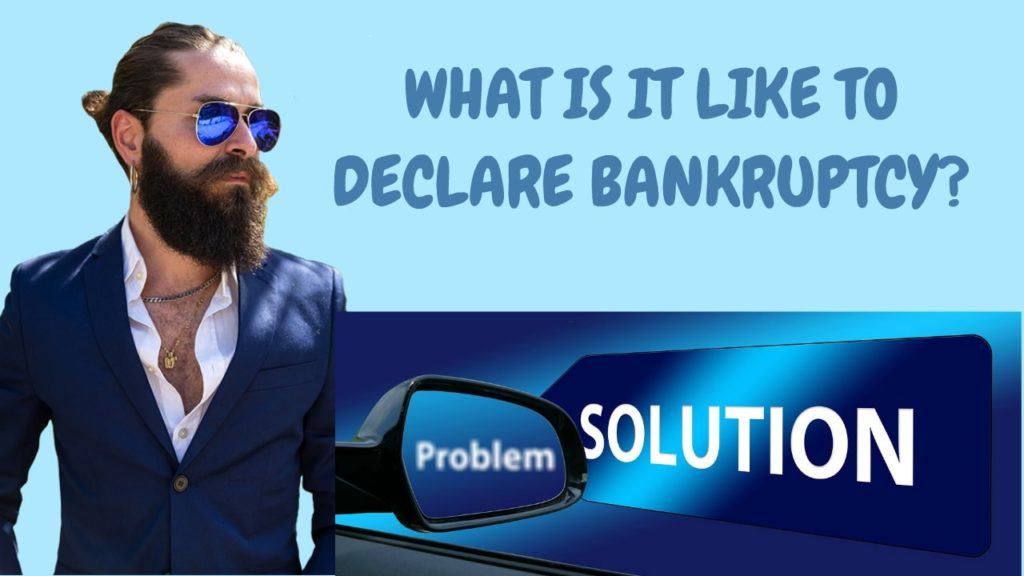
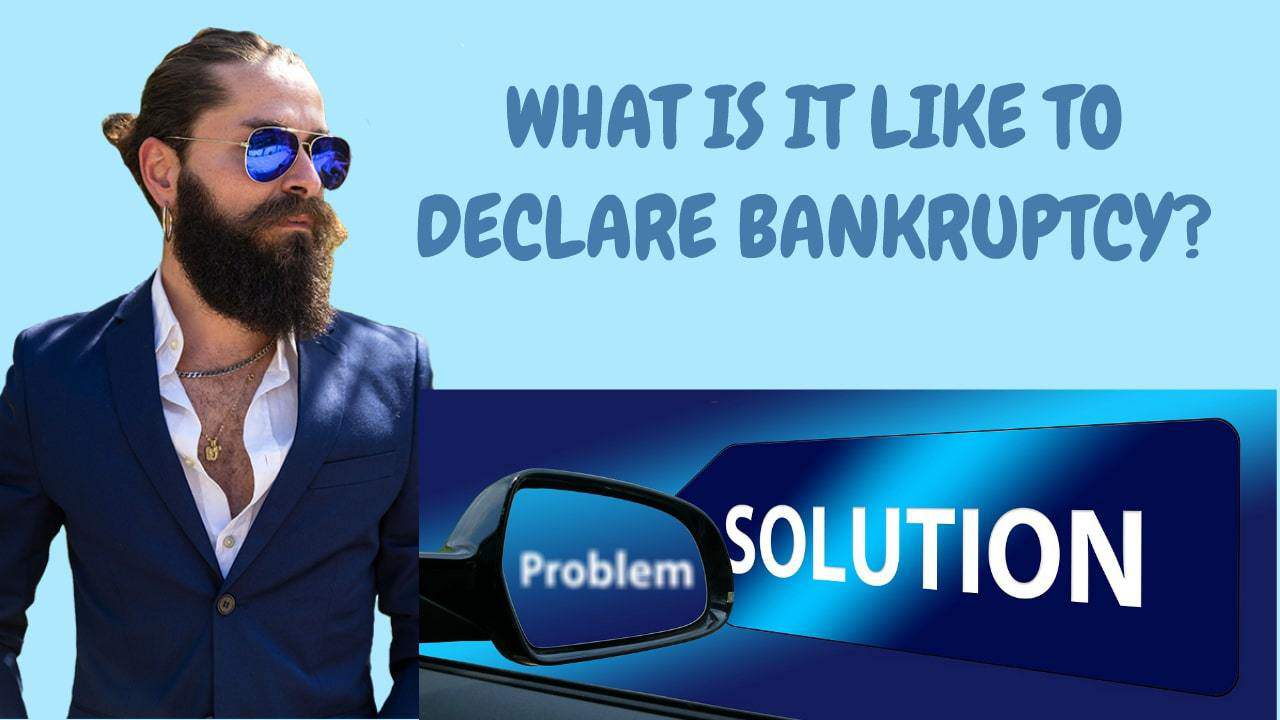
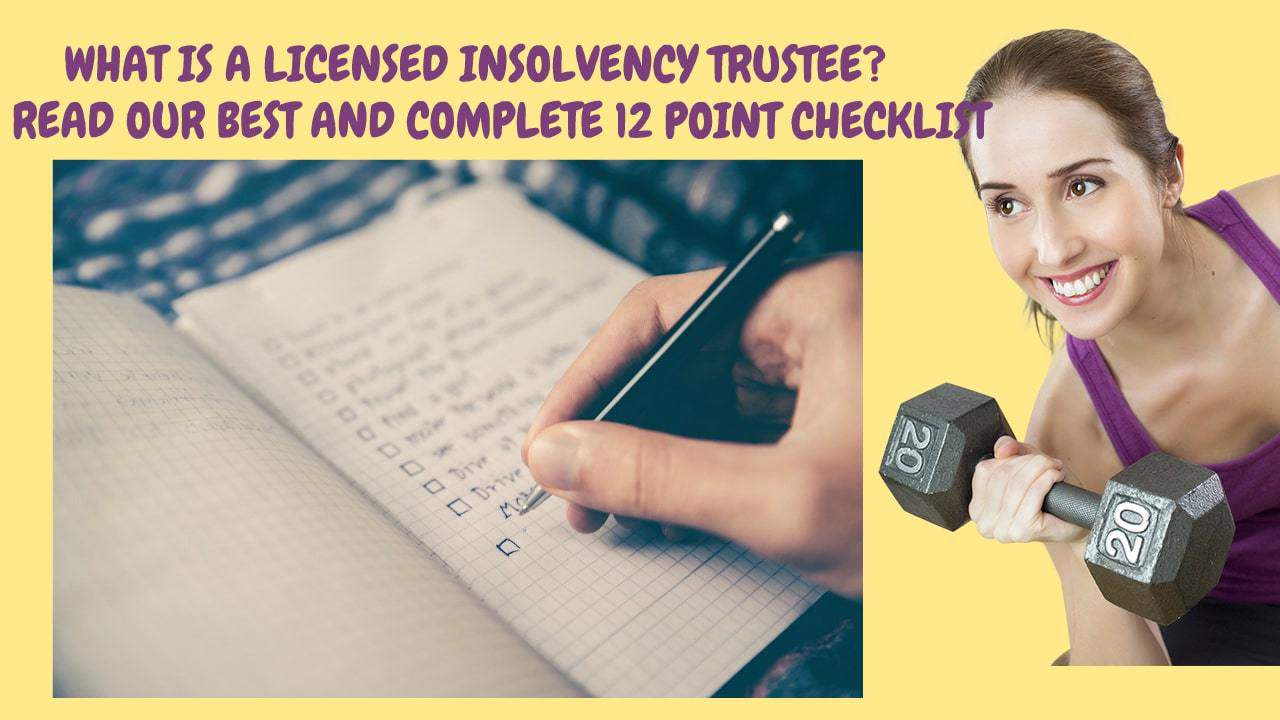
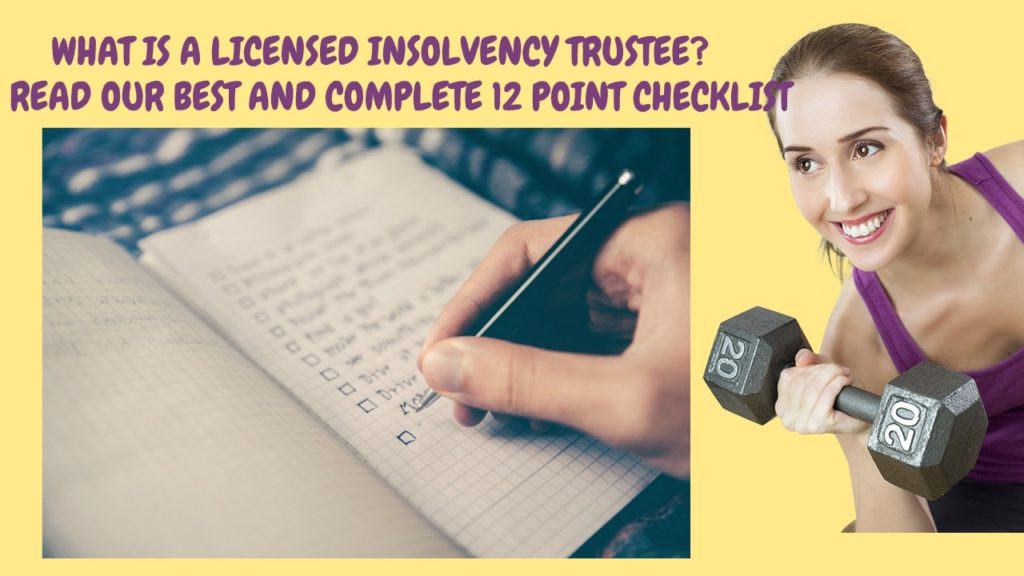

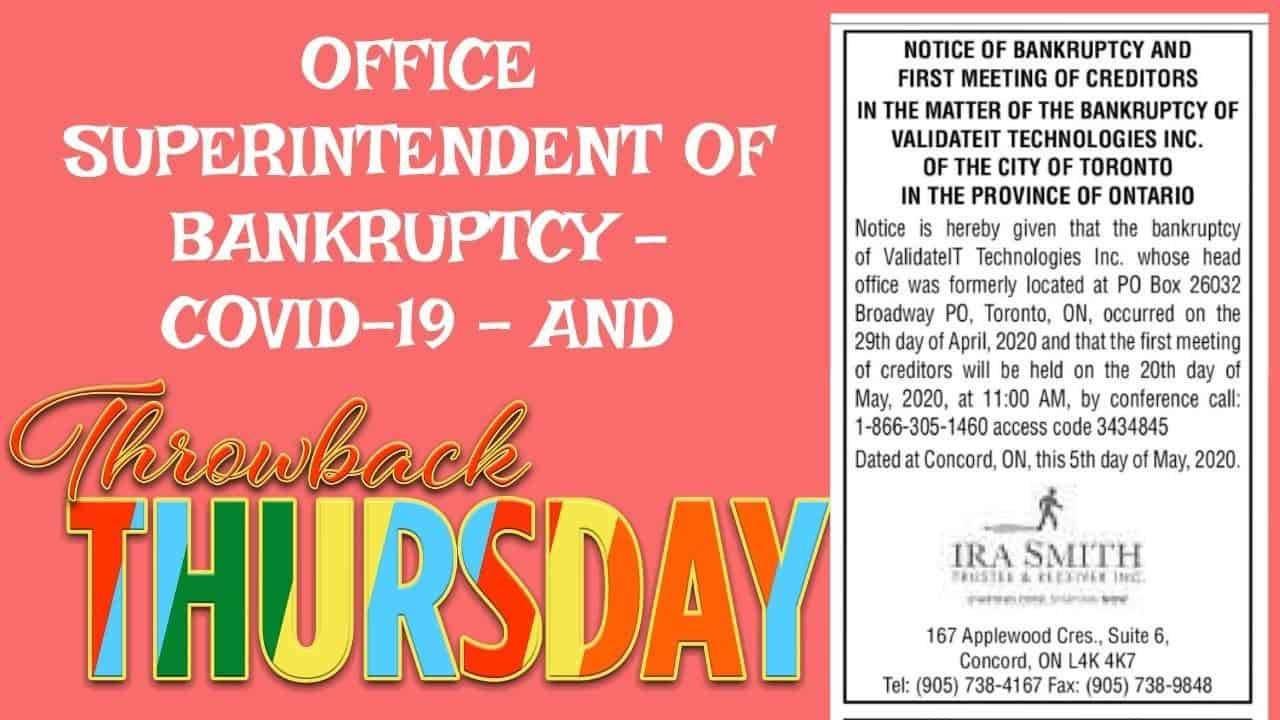
 Introduction
Introduction